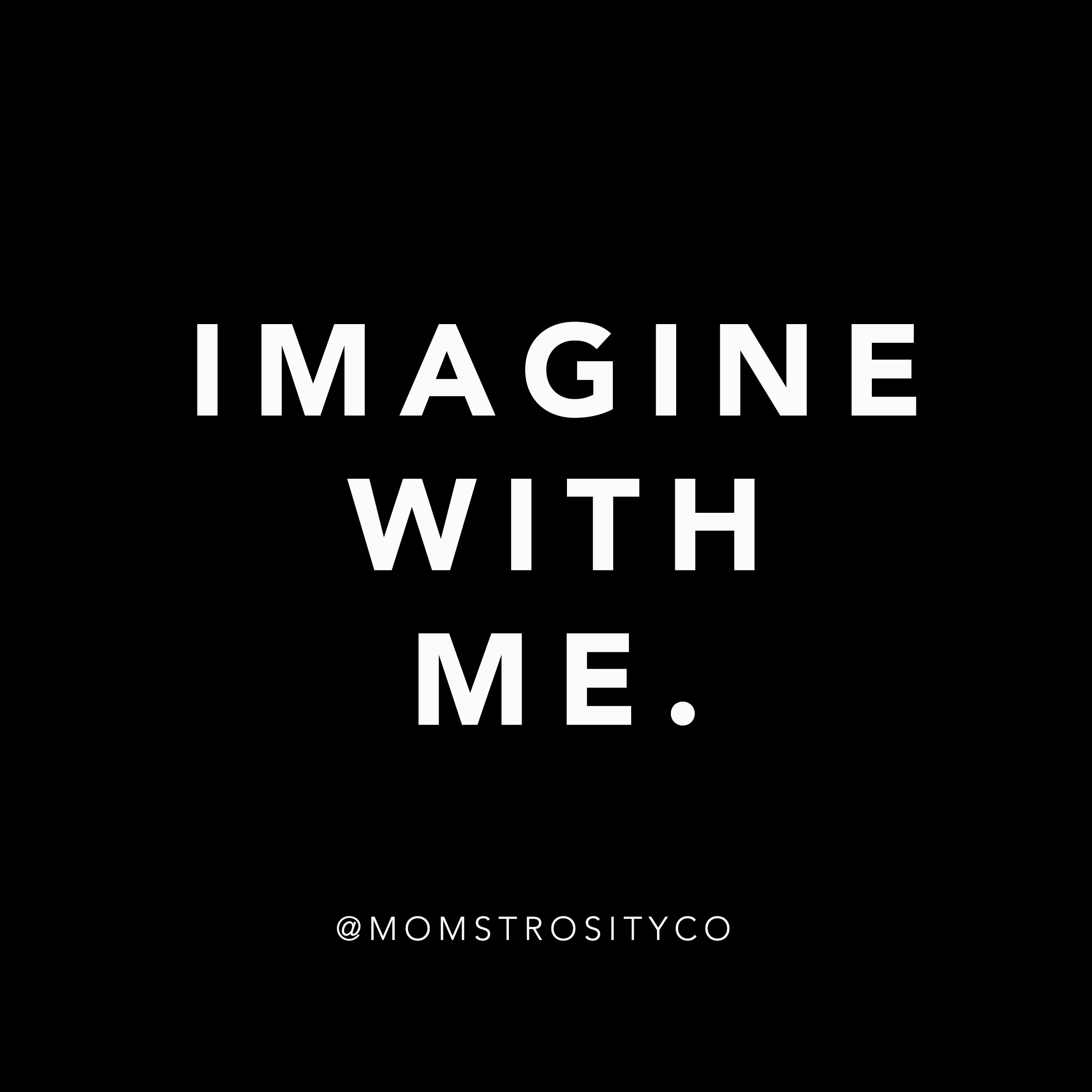Imagine with Me: Humanizing the Immigrant Crisis at Our Border
Imagine with me, if you will:
Your house is on fire. The flames are consuming your home. Your children sleep in the room next door. Can you get to them? If you could, would you be able to carry them both down the stairs? Even one of them? Get through the front door?
I don’t know about you, but I would literally walk through fire for my children. If I couldn’t do it physically, you’d better believe I’d try.
You traverse the stairs — through the toys they’ve left on the floor. The smoke stings your eyes and chokes you. You stumble. Your children are screaming. You comfort them while panicking internally. After what seems like hours, you somehow make it outside. Safety. Children still in your arms.
A wave of relief: the fire department has arrived. Your protectors. Here to take you to safety.
They take your children from your tired arms and tell you they’ll be given baths.
And then they handcuff you.
Didn’t you know it was illegal to escape from a burning building now?
Didn’t you know these firefighters would take your children from you?
Your children aren’t getting baths.
They are gone.
Grief. Shock. Confusion. What????!
Listen.
Mothers and fathers bringing their children to the border are NOT parents who don’t love their children. It’s the opposite.
In many cases, these are brave parents who have made a dangerous, nearly impossible journey to safety in an attempt to save their lives.
Not for better jobs. Or a nice car. To survive.
Our nation is built upon immigration— and yet, countless immigrant children live in squalor— in cells similar to those used to sober up arrestees in the county jail— with very little food, water, or adult supervision, or medical care.
The right to soap, toothbrushes, and blankets—universally recognized as necessary to “safe and sanitary” conditions— is being argued by the current administration (via DOJ attorney Sarah Fabian) as unnecessary.
This. Is. Insane.
My 7-year-old nephew, freckled and missing his two front teeth, is kind and quiet and so very lovable. Like most kids his age, he has to be reminded to wash his hands after using the bathroom. But if he were in a detention center, he’d be expected to care for infants— some of whom he’d never met. Can you imagine?
My almost-4-year-olds can’t tie their shoes. Yet, if they were incarcerated, they’d be expected to be completely self-sufficient. Can you believe?
My 17-month-old wouldn’t be wearing a diaper.
My 10-month-old son would sit in filth— crying, hungry.
And I wouldn’t know where they were.
I don’t know what the answer is here.
This isn’t an invitation to offer your rebukes and political agendas.
No. This is an invitation to, when you hear of the conditions of these shelters, to imagine your own children inside of them. Their sleepy heads when they wake up, their snuggles and cuddles and “I love you, mommy”s— without you. Without any basic care.
To imagine yourself— exhausted, grief-stricken, confused, and wrecked with worry. How many times do you text the babysitter when you’re away from your children?
This isn’t a matter of misinformation or “waiting until the rest of the story comes out”— this is the story. The story— the full story— is here. It is crying. It is suffering. It is inhumane.
As a now-viral Facebook post points out, Anne Frank didn’t die in the gas chambers. She died of typhus due to the horrible conditions of the camps.
This is not a political issue. This is a human rights issue.
If you can’t see it that way, it is my most sincere hope that you never have to endure what is happening at our nation’s border right now. And if you do, I pray that you are extended the same grace and love and advocacy that Jesus calls us to extend to each other.
So, please— call your Senators. E-mail your representatives. Donate to groups like RAICES who are on the ground in these areas, fighting for these families. Get involved locally with social justice groups. Don’t stand by idly as this happens in our backyard. Let’s show our children love, compassion, and humanity. Let’s tell our grandchildren on what side of history we stood. Because, as so many have said: if you want to know what you would have done during slavery, or the holocaust, or the Civil Rights Movement: this is a pretty good indicator.
